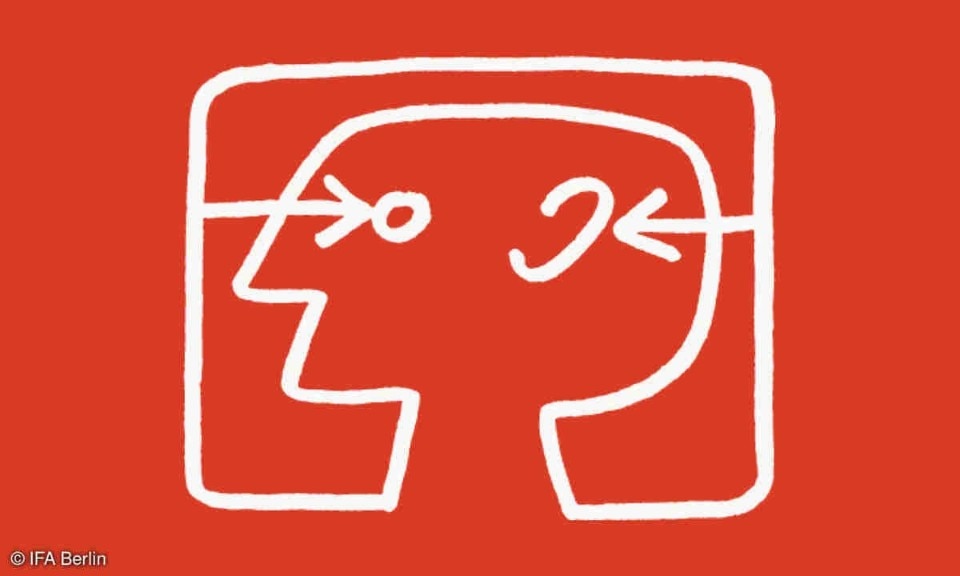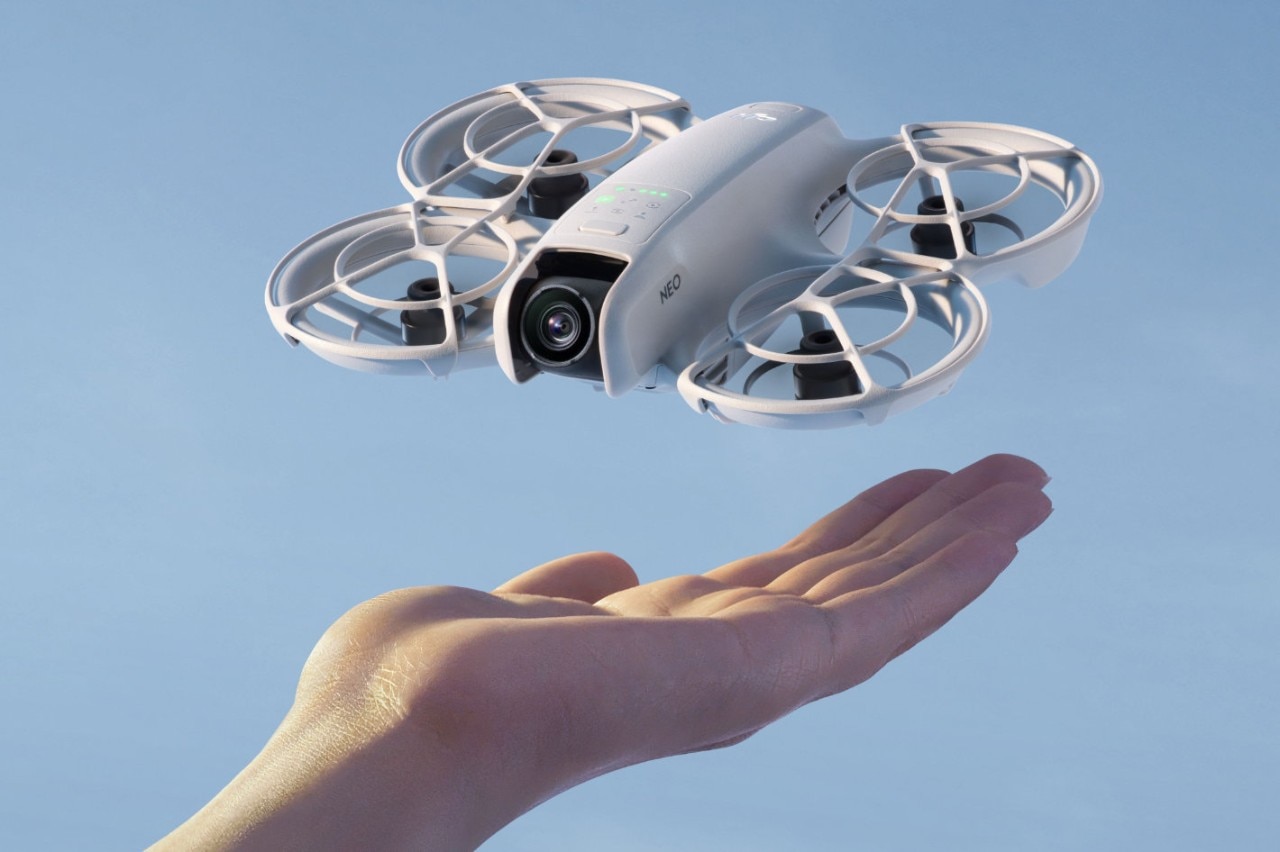IFA celebrates its 100th anniversary. Europe's biggest and most famous consumer electronics fair is marking the occasion with a small exhibition of devices that defined an era, such as the first Walkman and a Braun radio turntable (clearly designed by Dieter Rams, though uncredited). There's also a fashion capsule collection in collaboration with Berlin-based brand/magazine Overkill, photo exhibitions with Sony, which hasn't had a stand since before Covid, and a series of paid concerts (with a line-up that's hard to miss, though the presence of Bryan Adams is notable, as many thought he'd completely moved on to photography). There's also collaboration with artists who take up the ideological mission of Funk-Otto, the mascot designed by Helmut Lortz in the 1970s which has become the graphic identity of the Berlin autumn fair. The birthday celebrations are more than 100, inside the Messe and in the city of Berlin.
The IFA was founded in 1924 as a radio fair. These were momentous years for Berlin: the S-Bahn (suburban railway) was created and the first traffic lights in Europe were installed at Potsdamer Platz. In 1930, Albert Einstein gave a speech at the IFA in which he talked (spoiler!) about the future advent of “small screens”. Everything pointed to a world moving rapidly into the future, but just around the corner was Nazi dystopia. The IFA survived that, the war, the Berlin Wall and even the pandemic of 2020-2021. This year, a hologram of Einstein will welcome visitors through the elegant North Entrance. Samsung is bringing him back for its keynote speech, which traditionally kicks off the press phase of the fair, and making the great German scientist say things he never actually said. It's a benign use of deepfake technology, a marketing ploy to steer the conversation towards AI.

Artificial intelligence isn't just the flagship of the Korean brand, it's the common thread running through most of this year's exhibitors. Meanwhile, in the large press hall and on the shuttle buses shuttling retailers and journalists between the show, restaurants, after-work clubs or karaoke on Warschauer Strasse - this is Berlin, where Europe seems to be having all the fun these days - people keep repeating that AI has been around for years, that it's not really artificial intelligence, and that we're probably already tired of it, just like we were with the metaverse and NFTs. But “it's the economy, baby!” This is a trade show, and things have to be sold, despite the (irreversible) recessionary winds blowing across the old continent, with Germans being the first to stop making big purchases after the shock of the Ukraine-Russia war.
IFA has a great history behind it, a glorious one. But it also has some identity issues. Then again, who doesn't these days? For the fair, it may be a matter of reassessing its priorities. Just look at one of the many maps on the walls. Every year, the fair redesigns itself in the halls of the Berlin Exhibition Centre, a place with its icons (the radio tower) and its many amenities (such as the large and beautiful summer garden, which takes up a large part of the space).
A collection of these maps would be enough to tell not only how IFA has changed, but also how technology itself is evolving. New avenues are being explored, new categories are emerging, others are shrinking and sometimes disappearing. Ten years ago, smartphones dominated here, but today they have almost disappeared (only Honor, a former Huawei spin-off, and Google, whose Pixel phones are doing very well in Germany, remain prominent). Another example is audio, once a vibrant and crowded sector, now incredibly diminished. Other sectors, such as health and wellness, are finally gaining the importance we've been talking about for years.
Meanwhile, household appliances are becoming more present, partly because of local predisposition (Siemens, Miele and AEG, now owned by Sweden's Electrolux), the historical presence of the Koreans (LG and Samsung) and the arrival of new big Chinese brands, from giants like TCL and Hisense to smaller, more specialised ones like Dreame (vacuum cleaners), which are reshaping the market. If you ask the analysts, IFA today is all about them. The rest follow, and established players such as Lenovo now prefer presentations in the city to having a stand at the fair. Home appliances may not be the most exciting technology of our time, but they're probably the most solid and the area where most average consumers are willing to invest. After all, we are talking about homes, and Domus knows something about them. For almost 100 years: the history of our magazine began less than five years after IFA.
But enough of the celebrations and nostalgia: in the gallery you'll find a selection of concepts and gadgets that didn't always win us over as projects, but that certainly shed light on the product trends of today and tomorrow.
Who knows what we'll think in 100 years' time.

The Trafic parquet collection: a new language for spaces
Designers Marc and Paola Sadler draw on now-extinct urban scenarios to create an original and versatile product for Listone Giordano.












